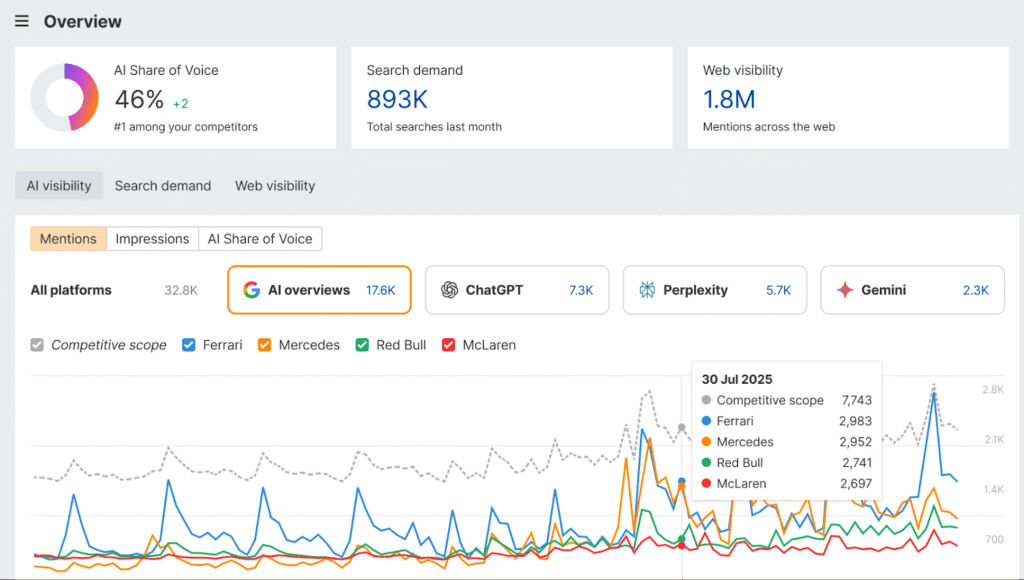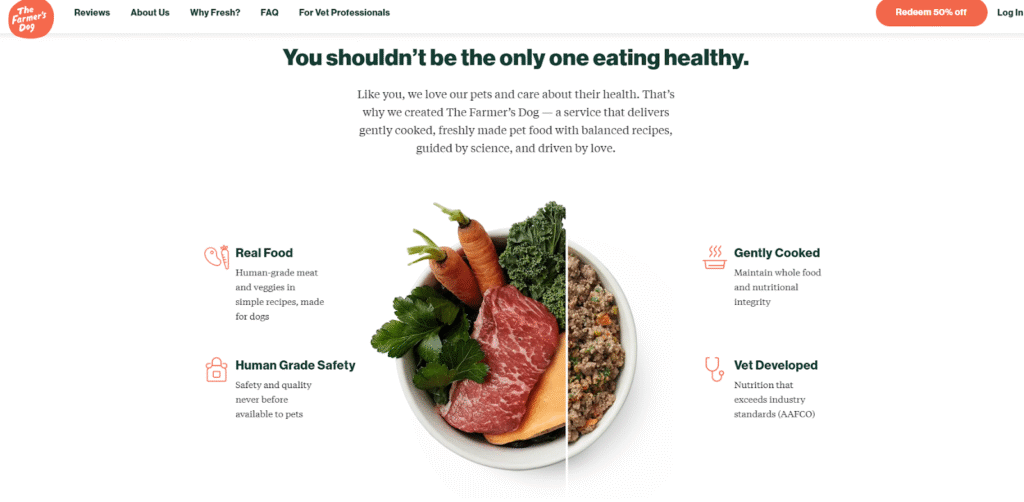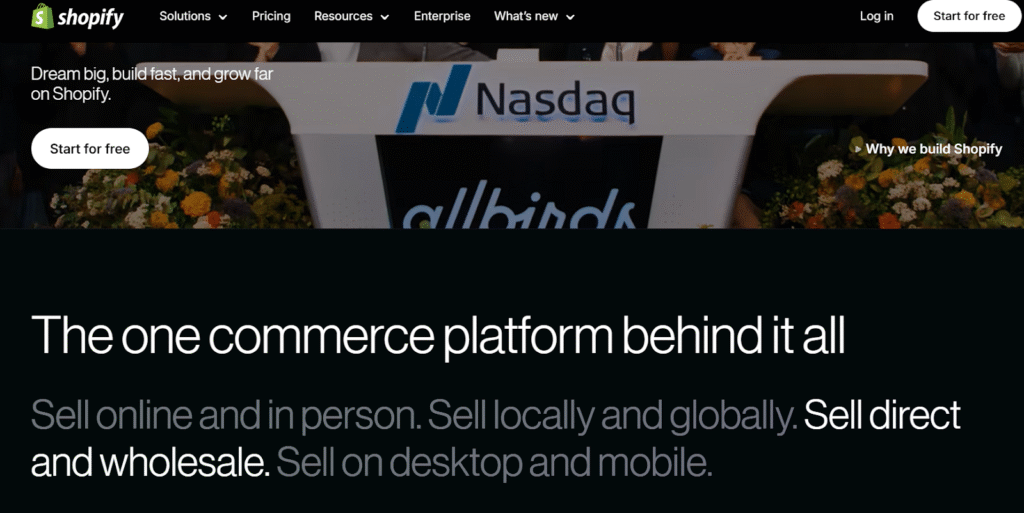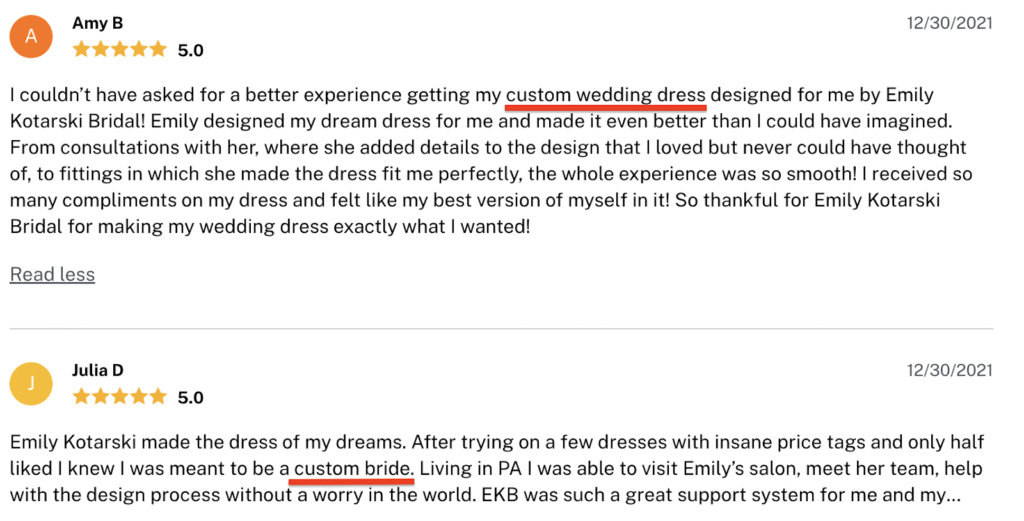Why Being Invisible in Answer Engines Is a Real Business Problem
Key Takeaways
- Searches triggering AI Overviews result in a 34.5% drop in CTR on the first search page due to AI answering queries directly from the results, highlighting the importance of optimizing for AI mentions.
- Visibility in AI answer engines like ChatGPT, Perplexity AI, and Copilot is crucial for driving traffic and engagement to your website, as these platforms can recommend and link to your content.
- Being invisible in AI-generated answers can lead to a loss of traffic, customers, and brand awareness, emphasizing the need to create content that AI systems would refer to for increased visibility.
For every search that triggers an AI Overviews (AIO), the results on the first page see a 34.5% drop in CTR. This happens because AIO answers the searcher’s query without the need to read more from any website.
The same search experience happens on other LLM platforms, like ChatGPT, Gemini, Perplexity AI, Claude, Copilot, etc. These platforms can search the web and pull answers instantly, which is why you should optimize for AI mentions as often as you can.
In this article, I’ll explain why visibility in answer engines matters, and what you should do to improve your business’s visibility in AI search results.
5 Reasons Why Your Business Should Not Be Invisible in AI Answer Engines
If AI platforms can’t access your website, it won’t recommend it. And if your business doesn’t get mentioned by generative search engines, it can lead to these five things:
1. Loss of traffic and customers
If your content is not visible in AI-generated answers, your website could lose traffic that comes in from these platforms. Platforms like Chat GPT, Perplexity AI, and Copilot add links to some of their responses, especially for queries that need to be fact-checked.

This means the referral traffic from LLM platforms, no matter how fickle, can increase (traffic and) engagement on your website. It can also increase brand awareness (as users who aren’t familiar with you can be referred to your site.
And depending on which stage they are in the sales funnel and the content they read, it can trigger brand recall when they need a solution like yours. So what should you do to improve your chances of getting your links cited?
Create content that AI would refer to.
Not all content types rank the same in AI search. If you audit your existing content, some of them perform better than others.
The type of content that performs best depends on your industry and the buying stage of your reader. However, according to Ahrefs, content like “best of,” “product pages,” and “comprehensive guides” attracts more high-quality traffic than other types of content.
For context, software and e-commerce businesses can see the most results with product pages and product comparison articles while service businesses can see more results with a well-optimized location landing page.
This is because well-written product pages and product comparison articles directly address user queries such as “best noise-cancelling headphones under $100” or “product a vs product b, which is best for xyz”. And a solid, detailed landing page can easily be cited by an LLM platform to provide context to a user’s query on a specific need.
So, how can you create content that AI tools can recommend?
Track your content to see what’s already working and what’s not. You can configure your GA4 or use Ahrefs’ Brand Radar to see which of your pages has received the most AI recommendations and identify why. Here’s a thorough guide on how to set up your GA4 to track AI traffic and how to use Ahrefs as well.

You can also check for content that your previous customers have engaged with more than others. If some content is driving strong AI visibility, find and understand the attributes that make it stand out, and capitalize on it for other articles.
To be safe, you can also create content for different search intents your audience could have.
When you know what works, focus on content with informational intent (preferably with job-to-be-done queries). These can be long-form how-to guides and tutorials or content with navigational intent (especially for local businesses) that can help users find what they need on your website quickly.
This way, you can cater to the major stages of the buyer’s journey, which can increase your chances of being mentioned in AI responses.
2. Reduced brand awareness
If your business isn’t visible in search results, fewer people will find you. Search engines help users find businesses, and AI platforms like Google and Perplexity AI recommend businesses based on their relevance to the query and mentions of the brand on the web.
This means that if AI can’t find you, it won’t recommend you. And if it doesn’t, users won’t even know your business exists, even when you match their search intent.
How do you correct this?
Get your brand mentioned everywhere.
AI platforms track linked and unlinked mentions of your business on the Internet.
This means that the more your brand gets mentioned positively (even when they don’t link back to your page), the higher the chance AI will highlight you in search results.
But to make that happen, you have to be everywhere. How?
- Get featured on industry blogs: Write guest posts, take part in interviews, or get featured on trusted industry blogs. These mentions boost your authority and make your brand visible to AI.
- Show up on review platforms: Encourage customers to write reviews on platforms like Google Reviews, Trustpilot, and Yelp. AI uses reviews to determine relevance and authority, and the more positive reviews you have and how you respond to these reviews, the more your chances of getting mentioned. After all, generative search engines care about authority, and credible reviews as authority signals.
- Engage in online forums: Join discussions on Reddit, Quora, or industry-specific forums. AI also pulls content from these platforms, and if people mention your product or services as a solution to a user’s problem, AI can consider you as a credible brand.
- Be listed on niche websites: Get your business mentioned on smaller, specialized websites. Think local food blogs, tech startup hubs, and small business resource hubs like SCORE or BizFilings). These sites are trusted, and AI values businesses that are mentioned in authoritative sources.
- Use social media: You can also encourage your audience on Twitter, LinkedIn, Instagram, and other platforms to engage your posts .
AI takes note of social media interactions and references when they link to your page as sources or recommendations.
For example, when I asked about a cake vendor in Dallas, Perplexity brought me this:

As you can see, most of these sources are from Instagram, Yelp, and some others.
- Appear on podcasts: Featuring on a podcast can increase your business exposure. Diary of a CEO is a prime example of podcast sessions you can feature in to talk about your knowledge and also introduce your business. You can also repurpose these podcast sessions into short-LinkedIn articles, blog posts, and social media content.
It creates more mentions for your business, which gives you more visibility.
3. Lost revenue and higher marketing costs
Poor visibility means that your page gets fewer visitors, and you may not be able to convert these customers. To compensate for this, some businesses spend more on paid ads to still rank at the top and get recommended by AI.
But this isn’t a long-term solution. You’re paying for visibility without the guarantee of organic growth, and you’ll be competing with businesses that have stronger marketing strategies.
So what should you do?
Start by revamping your page (landing page, home page, product pages, any page, really).
On your homepage:
Make it easy for AI to understand your business. This means you should touch up the following (especially if you’re a local, small business”):
- Include your contact details where it is clear and easy to find. AI needs this to categorize and present your business accurately.
- Write what you do, who you do it for, and how you help. Here’s an example from The Farmers Dog that goes straight to the point on their offerings:

AI tools pull this information to match your business to what users are looking for, and if AI can’t easily interpret what your business does, it won’t recommend your business.
For your product and service landing page:
There’s no doubt that AI tools pull answers from these pages. If your page doesn’t give enough context, it won’t seem like your business can meet the user’s needs.
Here’s what you should do to improve:
- Write product descriptions that are easy to read (nothing too jumbled or complicated to understand). Use bullet points, short paragraphs, and headers to break up the text.
- Add what makes your business stand out from competitors as clearly as you can. Make it evident why users and AI engines should choose you. See what Shopify did here:

They clearly stated their USP, and what businesses can achieve with the platform..
- Structure your content to make it easy for AI to process and pull relevant details from. Use sections and headers to guide AI and readers.
And lastly, match your content with AI user intent.
Create content that directly answers common questions in your industry. AI focuses on context, and the more relevant your content is to the questions users ask, the better your chances of being recommended.
For instance, instead of just creating a page titled “Where to Buy Silk Curtains,” consider creating content that answers more specific questions. For example:
“Where can I buy silk curtains for extra-large windows that need custom measurements?”
Optimizing for these types of questions/queries can help you meet the needs of users before they even search for your business. This ensures that your page ranks for both broad and niche queries, making it easier for AI to recommend you.
4. You’re at a competitive disadvantage.
If your competitors are optimizing their SEO or even using Generative Engine Optimization (GEO), they’re likely getting better rankings and more citations.
A survey of 400 keywords confirmed this. The study found who ranked on the first page of Google were mentioned by AI tools 77% of the time on Perplexity and 67% on ChatGPT.
This means that businesses that optimize for AI and SEO outperform those that don’t. If your business is not visible to AI and search engines, you can’t attract potential customers.
You’re basically leaving money on the table while your competitors are cashing in. In the US alone, businesses are 1.6 times more likely to get AI traffic.

What can you do that your competitors are already doing or about to do?
- Optimize for both SEO and AI engines.
SEO and GEO may seem like two different strategies, but they overlap more than you think. If you’re already optimizing your site for SEO, you’re halfway there. And since these AI tools still pull information from search engines anyway, optimizing for SEO should help AI engines recognize and recommend you.
- Targeting the right keywords.
AI search engines rely on the same keyword strategies that work for SEO. For instance, if you target long-tail keywords and answer specific user questions, your content can rank in both Google and AI engines.
You can also target other keywords that are relevant to your products and services.
- Creating high-quality content.
SEO and GEO both prioritize high-quality, relevant content. Your content needs to be original, factually correct, comprehensive, and aligned with user search queries (with natural and conversational languages) to be ranked by both engines.
So create valuable, well-researched content that directly answers user queries, because AI engines are trained to pull this kind of content.
Read more on how to optimize for SEO for beginners.
Other things you should look out for:
- Allow AI Bots to Crawl Your Site
If you’re blocking AI bots using a `robots.txt` script (which tells search engines which pages they can and can’t crawl), your content won’t get indexed or recommended. So, disallow any robot.txt script that can’t allow LLM bots to extract content from your page and reference you as the source.
- Write for clarity.
Keep your content simple, clear, and scannable. AI prioritizes content that answers specific questions directly. So, use FAQs and clear sections that address user concerns with straightforward answers.
5. There’s no credibility or trust.
Let’s say a user asks ChatGPT for recommendations on where to get a moving company in their area. ChatGPT recommends businesses and adds a sentence or two on why it thinks they’re a good fit. The buyer journey ends when the searcher reaches out to the company.
LLMs tell users to trust you (based on the information it has), and that’s how it converts searchers in this category. This means that if LLMs can’t find you, they won’t be able to learn about you or recommend you as a trustworthy business?
What should you do?
- Encourage your customers to leave reviews.
Reviews are one of the strongest signals of trust. If your business has genuine, positive reviews on platforms like Google, Yelp, and Trustpilot, AI engines are more likely to pull those mentions into their recommendations. For example, for a query about where to get a bridal dress (with specific needs), Chat GPT recommends Emily Kotarski Bridal:

I clicked on one of the links it added, and I landed on this review:

This means the business was recommended because the words “bespoke/custom wedding dress” were repeatedly mentioned in their content and review pages.
So, encourage your customers to leave reviews and reply to these reviews. This can increase your chances of being mentioned in the future.
- Get more mentions for your brand on other platforms.
The more your business gets mentioned in credible sources, the more likely that AI will trust and recommend you.
So, get mentioned in industry blogs, popular, relevant podcasts, online forums, social media, and news outlets. These mentions help build your brand’s reputation and credibility online which can signal your business’s worth.
Pro Tip: Reach out to websites and influencers in your industry for guest posts, interviews, or mentions in relevant content. This kind of exposure builds trust and signals authority, which AI uses to recommend businesses.
Rounding up:
These are just a few of the downsides of not being mentioned on LLM platforms. We help our clients gain more relevance with strategic content, and we can help your business as well.
